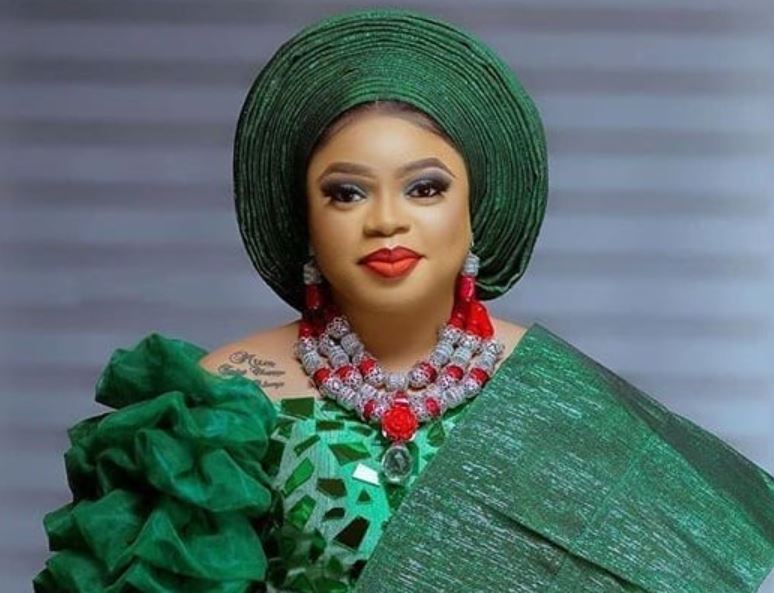Idris Okuneye, commonly known as Bobrisky, a prominent figure in the Nigerian LGBTQ+ community, has once again stirred controversy with his recent activities. Following his release from the Economic and Financial Crimes Commission (EFCC), reports suggest that he has left Nigeria for an undisclosed destination. In a series of Instagram videos, Bobrisky boasted about travelling on a first-class ticket, emphasizing the luxury associated with his travel while humorously commenting on the distortion of his passport photo. This announcement has sparked curiosity and speculation among his followers regarding the reason for his abrupt departure and what it signifies for his legal and social standing.
Bobrisky’s flight comes after a tumultuous week marked by legal entanglements and public disruptions. His travels were initially obstructed when he was forcibly removed from a KLM flight at the Murtala Muhammed International Airport, where he was attempting to travel to London. During this incident, he claimed to have sustained injuries and shared his grievances with his followers on social media. This altercation served as a precursor to his intensifying legal troubles, as moments after the episode, he was taken to the EFCC headquarters in Abuja for questioning related to allegations of bribing officials to dismiss serious charges against him.
The EFCC investigation reportedly stemmed from an incident in which Bobrisky was accused of offering a substantial bribe of N15 million to escape money laundering charges. Following his questioning, he managed to secure his release on bail after vehemently denying the bribery allegations in a statement given at the commission’s headquarters. Bobrisky’s legal issues trace back to an earlier sentence of six months in prison for naira abuse, which many speculate is part of a larger pattern of legal challenges faced by him, potentially instigated by personal and professional rivalries in Nigeria’s social media landscape.
In April 2024, Bobrisky was initially incarcerated at Kirikiri Prison, a well-known facility in Lagos. However, despite expectations of a lengthy stay, it was reported that he only spent three weeks there before being discreetly moved to an undisclosed private location, raising questions about the nature of his detention and the legal procedures in Nigeria. His circumstances have attracted significant media attention, particularly in light of his celebrity status and the ongoing discussions around the treatment of LGBTQ+ individuals in the country, where societal norms often clash with personal expressions of identity.
The narrative took another turn in September when a well-known social media influencer, Martins Otse, who is popular under the alias “VeryDarkMan,” released an audio recording claiming to feature a conversation with Bobrisky discussing potential corruption involving EFCC officials. This revelation added another layer to an already complex situation, fueling speculation around the authenticity of the claims and the motivations behind them. Bobrisky’s response to these allegations has been one of defiance, asserting his innocence and positioning himself as a victim of a broader societal backlash against his lifestyle choices.
Bobrisky’s journey reflects a contentious intersection between celebrity culture, legal accountability, and social identity in Nigeria. As he navigates the repercussions of his public persona and the allegations surrounding him, his case underscores the challenges many face in expressing their identities within a conservative societal framework. Furthermore, his recent departure from Nigeria raises questions about his future, not just personally but also in the broader context of LGBTQ+ activism; as he leverages his platform, the ongoing narrative of Bobrisky could either challenge or reinforce the prevailing perceptions of gender expression and freedom in Nigeria, sparking numerous discussions about the implications for marginalized communities in the country.


